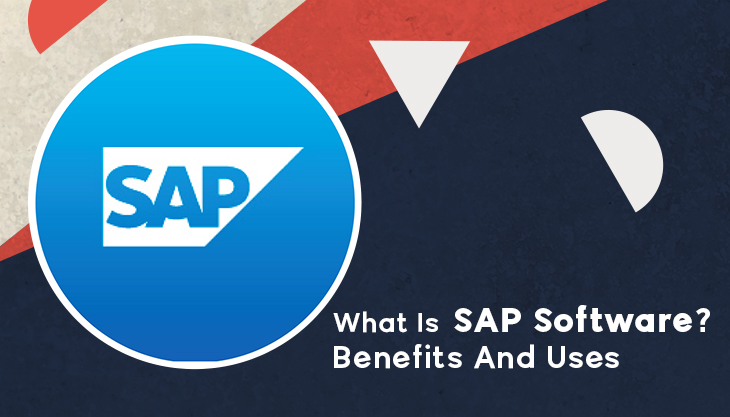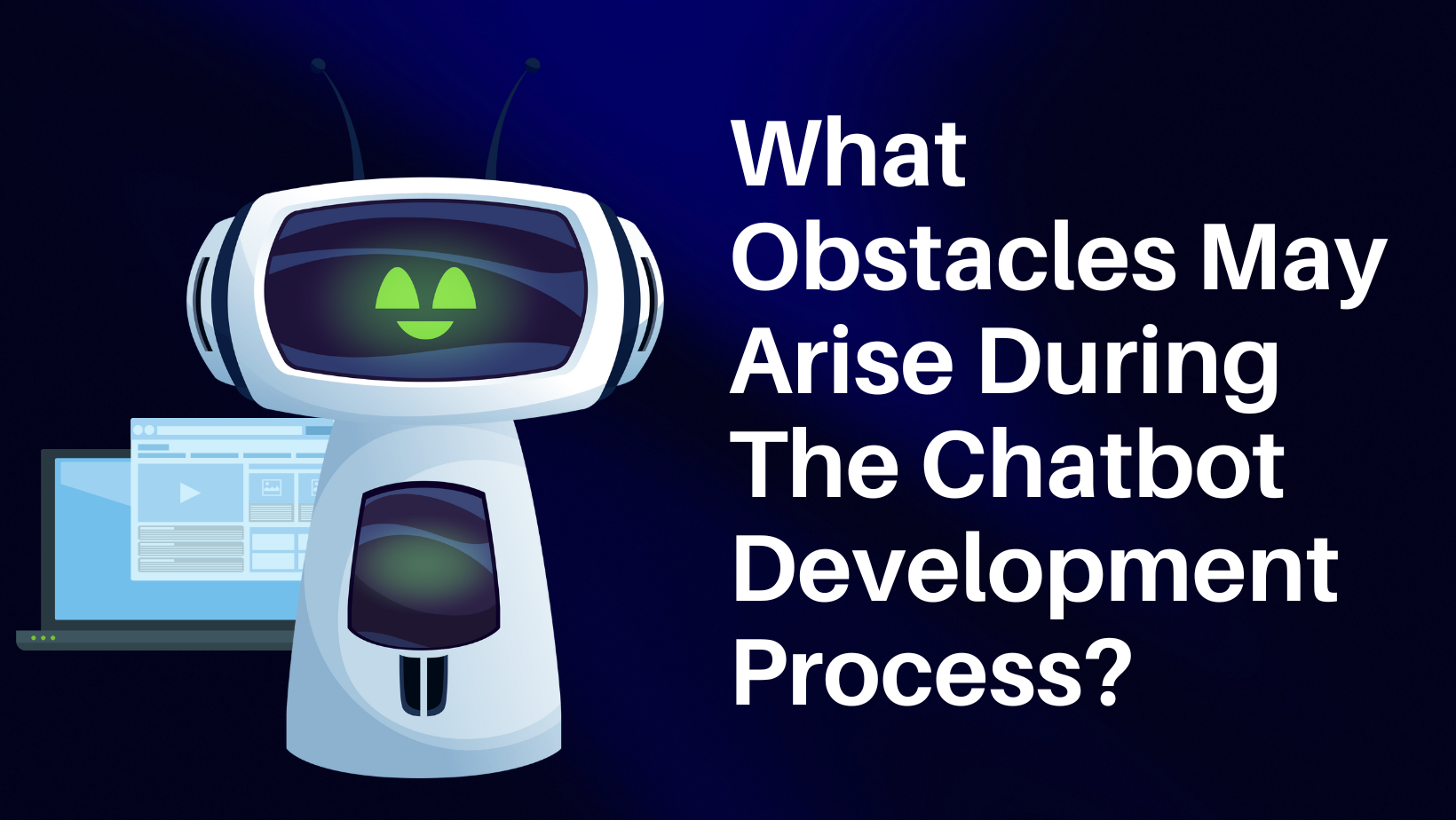The corporation was founded in 1972 under the name System Analysis Program Development (Systemanalyse Programmentwicklung), which was later simplified to SAP. Since then, it has expanded from a five-person operation to a multinational corporation with more than 105,000 people worldwide, headquartered in Walldorf, Germany.
SAP created the global standard for enterprise resource planning (ERP) software with the introduction of its original SAP R/2 and SAP R/3 software. SAP S/4HANA now takes ERP to the next level by combining the power of in-memory computing with advanced technologies like artificial intelligence (AI) and machine learning to process massive volumes of data.
The company's integrated apps link all aspects of a business into one intelligent suite on a fully digital platform, effectively replacing the process-driven legacy platform. SAP now has over 230 million cloud users, over 100 solutions covering all business areas, and any supplier's most comprehensive cloud portfolio.
Christian Klein is the business's CEO, chairs SAP SE's Executive Board, and, at 41, is the youngest CEO of any major German corporation listed on the DAX blue-chip market index.
What Is SAP Software?
SAP stands for "enterprise resource planning." SAP is the most widely used ERP software, with hundreds of fully integrated modules that cover almost every facet of business management. SAP allows businesses to develop a centralized system that allows every department to access and share data, resulting in a better working environment for all employees.
Benefits Of SAP And Uses
1. Technology that is cutting edge
SAP is up to date on all the newest advancements, ensuring that your firm is armed with the necessary tools for the future. SAP has over 40 years of ERP experience. "Future-proof Cloud ERP solutions that will fuel the next generation of business," according to SAP. SAP's enhanced capabilities can help your company become more efficient and productive by automating repetitive operations and maximizing the use of time, money, and resources.
2. Adaptable and safe
Companies nowadays are looking for ways to be more flexible. Your company can "customize procedures, use the public or private cloud, or pay only for what you need" using SAP. Furthermore, having a team of professionals on your side who is always thinking forward is critical when it comes to keeping your business safe. SAP protects your organization from hackers by ensuring the security of your data.
Furthermore, SAP "is built on one of the most advanced infrastructures in the world," and has the expertise to dramatically minimize the number of hazards your firm encounters on a daily basis.
3. Suitable for any business
You'll be able to find solutions built precisely for your business, no matter how big or little, using SAP. In fact, small and mid-sized businesses account for 80% of SAP's customers. So, no matter how many employees you have, or whether your company is well-established or still developing, "SAP has a comprehensive array of top cloud-based ERP systems and tools to match your needs," says the company. Furthermore, SAP's support teams are available 24 hours a day, 7 days a week.
4. Increased revenue in general
SAP's features improve process efficiency, free up personnel to focus on more critical duties, and provide a comprehensive view of operations, making it easier to analyze difficulties. An increase in efficiency leads to a rise in overall revenue and profit for a company.
5. Globalization
SAP offers support for a wide range of geographical areas. SAP, as an enterprise platform, supports all major currencies around the world, making it ideal for businesses with global operations.
6. Automation
SAP allows procedures to be automated and processes to be optimized. Data from operations such as account administration, order management, and vendor management is automatically routed according to the system's approval and rejection rules. Employees can focus on more productive duties while the ERP system performs the mundane ones, allowing businesses to become more efficient.
7. Centralization of data
SAP centralizes data from various processes and business operations in a single location. This facilitates the exchange of data and information between business units and departments. Sales, inventory, finance, production, and human resources departments can all access information from other departments and convey their needs effectively. This also aids in the reduction of communication errors and delays, as well as improving overall efficiency.
Effective communication and data interchange among all departments is critical to a company's performance, and SAP, as an enterprise resource planning software, facilitates this communication and information exchange.
Uses of SAP Software
SAP promotes optimal data processing and information transfer across enterprises as one of the world's leading software systems dedicated to the administration of business processes. SAP S/4HANA, for example, uses in-memory processing to process large volumes of data while also enabling sophisticated technologies like artificial intelligence (AI) and machine learning.
SAP integrates all aspects of a company's operations into a single, intelligent suite on a fully digital platform. Human resources, finance, and sales are just a handful of the modules available. You can purchase any module depending on your business needs, and you'd be hard-pressed to find one that doesn't. SAP can manage virtually all divisions inside your company, transforming the way you do business.
SAP now has over 230 million cloud users, over 100 solutions covering all business areas, and any supplier's most comprehensive cloud portfolio.
Enterprises can rely on SAP to help them run even more efficiently by assisting them in eliminating data duplication and redundancy.
Leading Software Development Company
Every element of our lives is influenced by software. You use software whether you're looking for new music, ordering groceries, sending an email campaign for your business, or setting your home alarm system from your phone. And its presence in our daily lives and enterprises is only going to grow.
You're well-versed in how software can provide a one-of-a-kind answer to challenges (or just really cool ways to make life even easier).
What Is The Definition Of A Software Development Firm?
A software development firm (or team, depending on the agency) creates unique software applications, frameworks, and tools to assist in the solution of issues or the achievement of a certain goal. The members of this team, as you may have surmised, are extremely intelligent.
While every software development team or organization is different, most will include software architects or developers, at least one product owner (the person in charge of testing and working with the product to ensure it functions properly), and a project manager.

















Post Comments